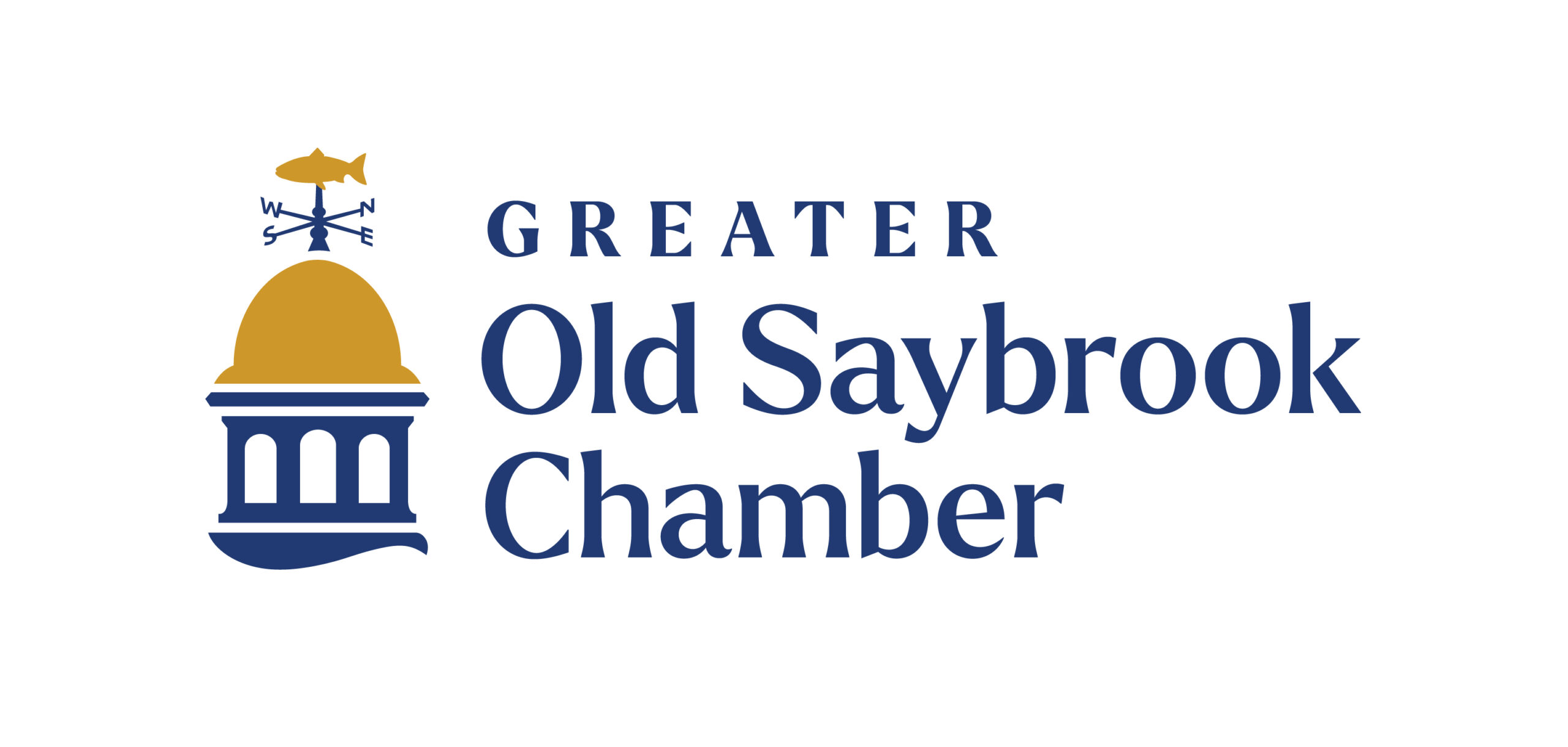Financial data is one of the most important tools available to management. Whether it be financing, reorganization, personnel matters, or operational efficiency, improvement and growth hinge on accurate reporting and insightful analysis of the company’s financial position. Our team of specialists has experience in accounting and financial reporting and has worked on a wide variety of projects for clients differing in size, industry, and complexity.
How Financial Reporting Can Benefit Your Company
Whatever your financial reporting needs, you can trust your advisors at WollackLewitz to put together an offering that will be just right.
We’ve helped clients with:
- Preparing monthly, quarterly, and annual financial statements
- Preparing forecasted financial statements
- Analysis of opening balance sheet and comparative financial statements
- Meeting industry-specific financial reporting requirements
What’s the right level for you?
Audit: The highest level of Assurance
An audit provides the highest level of assurance. An audit is a methodical review and objective examination of the financial statements, including the verification of specific information as determined by the auditor or as established by general practice.
Our work at WollackLewitz includes a review of internal controls, testing of selected transactions, and communication with third parties. Based on our findings, we issue a report on whether the financial statements are fairly stated and free of material misstatements.
An Audit allows you to…
- Satisfy stakeholders such as employees, customers, suppliers, and pressure groups, as well as the investing community, as to the credibility of published information.
- Facilitate the payment of corporate tax, goods and services tax, and other taxes on time and accurately, thereby avoiding interest, penalties, and investigations.
- Comply with banking covenants.
- Help deter and detect material fraud and error.
- Facilitate the purchase and sale of businesses.
Review: Limited Assurance
Less extensive than an audit, but more involved than a compilation, a review engagement consists primarily of analytical procedures we apply to the financial statements, and various inquiries we make of your company’s management team. If the financial statements or supporting information appear inconsistent or otherwise questionable, we may need to perform additional procedures.
A review doesn’t require us to study and evaluate your company’s internal controls or verify data with third parties or physically inspect assets. Rather, a review report expresses limited assurance in the form of the statement: “We are not aware of any material modifications” for the financial statements to be in conformity with the Generally Accepted Accounting Principles (GAAP). Reviewed financial statements must include all required footnotes and other disclosures.
Why might a business request a review engagement? It can be a good middle ground, providing the advantages of a CPA’s technical expertise without the work and expense of an audit.
Compilation: Lowest level of Assurance
In compiling financial statements for a client, we present information that is the “representation of management” and express no opinion or assurance on the statements. Compilations don’t require inquiries of management or analytical procedures. Instead, we rely on our knowledge of accounting principles and a general understanding of your business.
Banks often require compilations from an independent CPA as part of their lending covenants.








